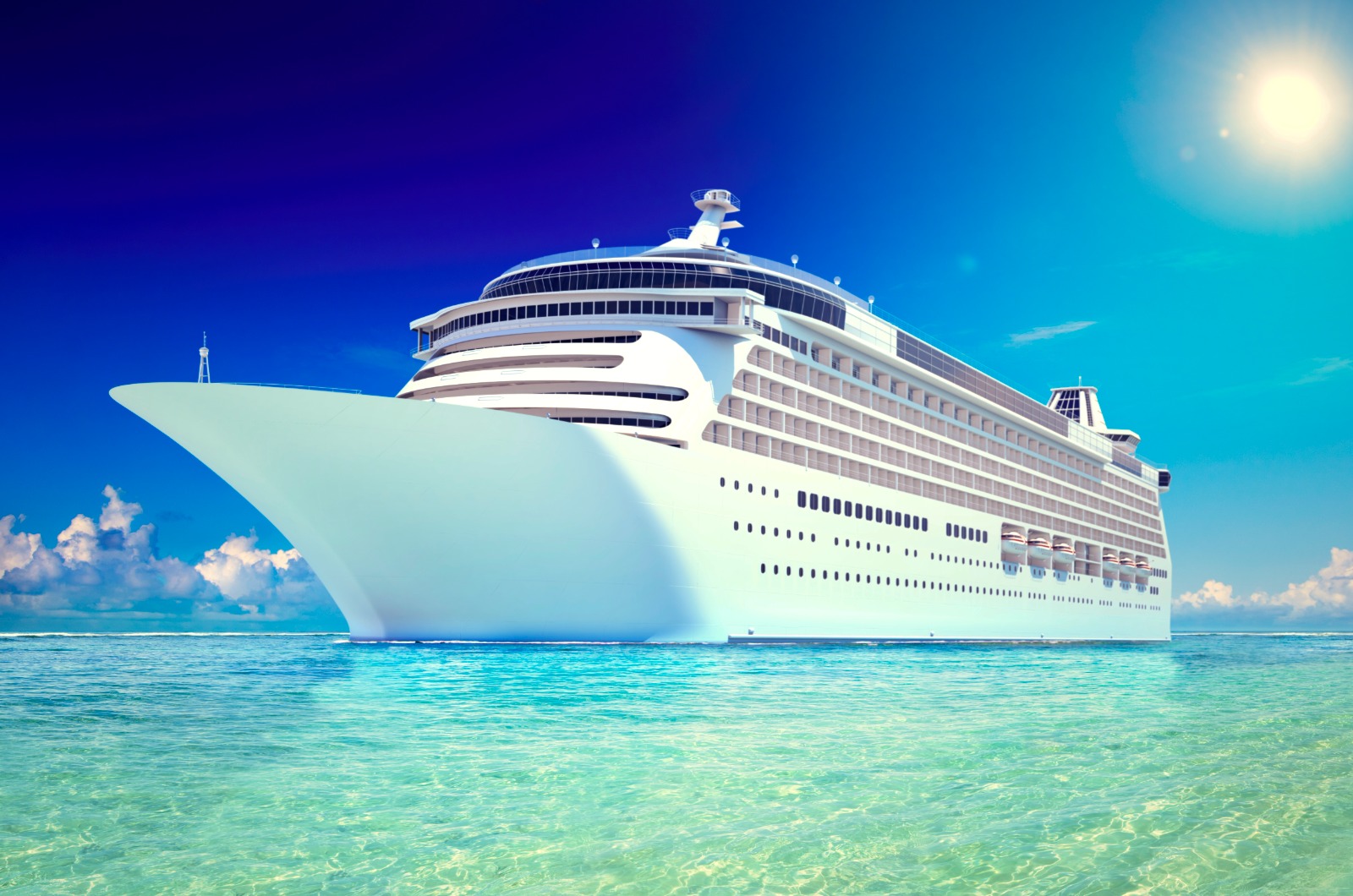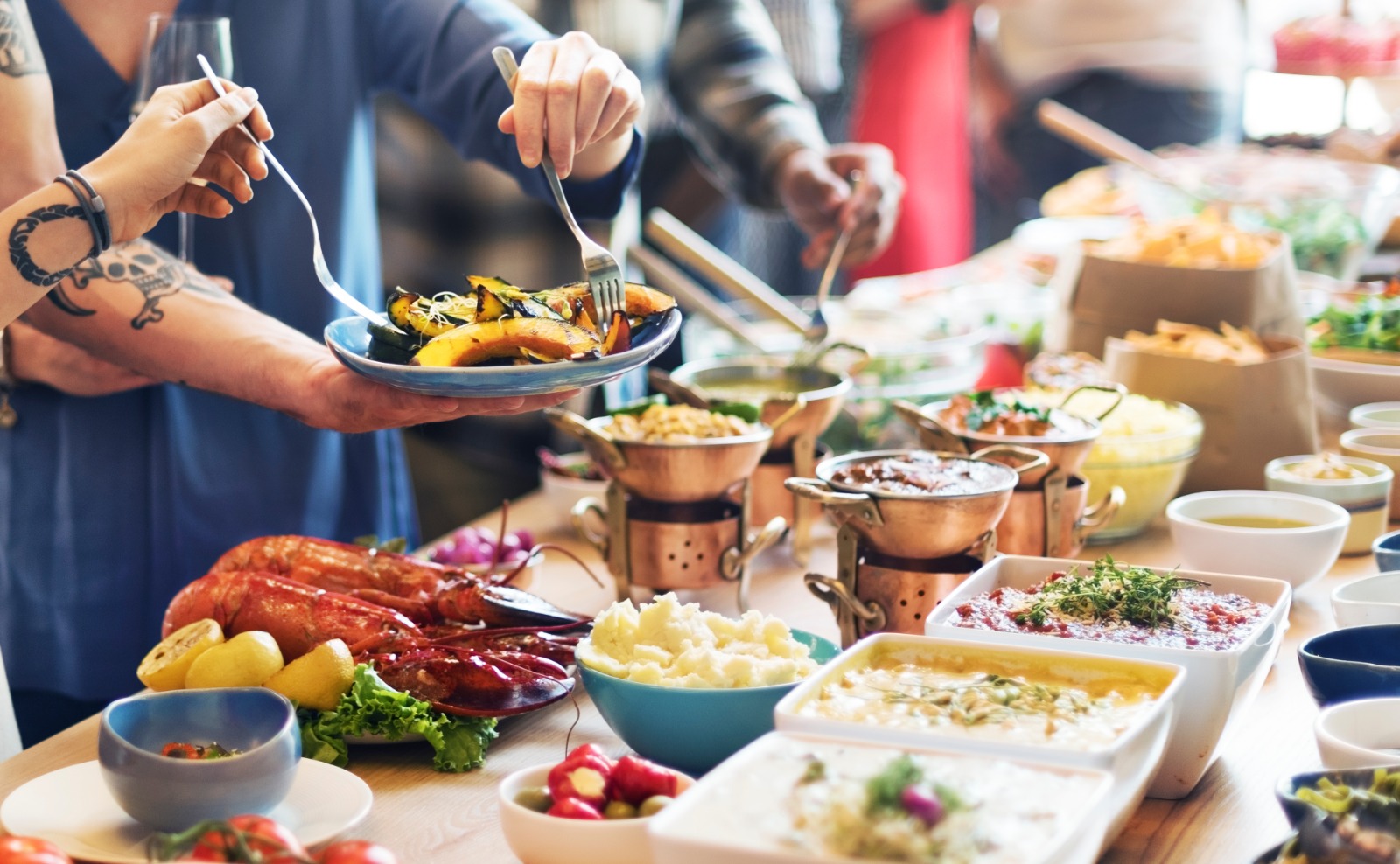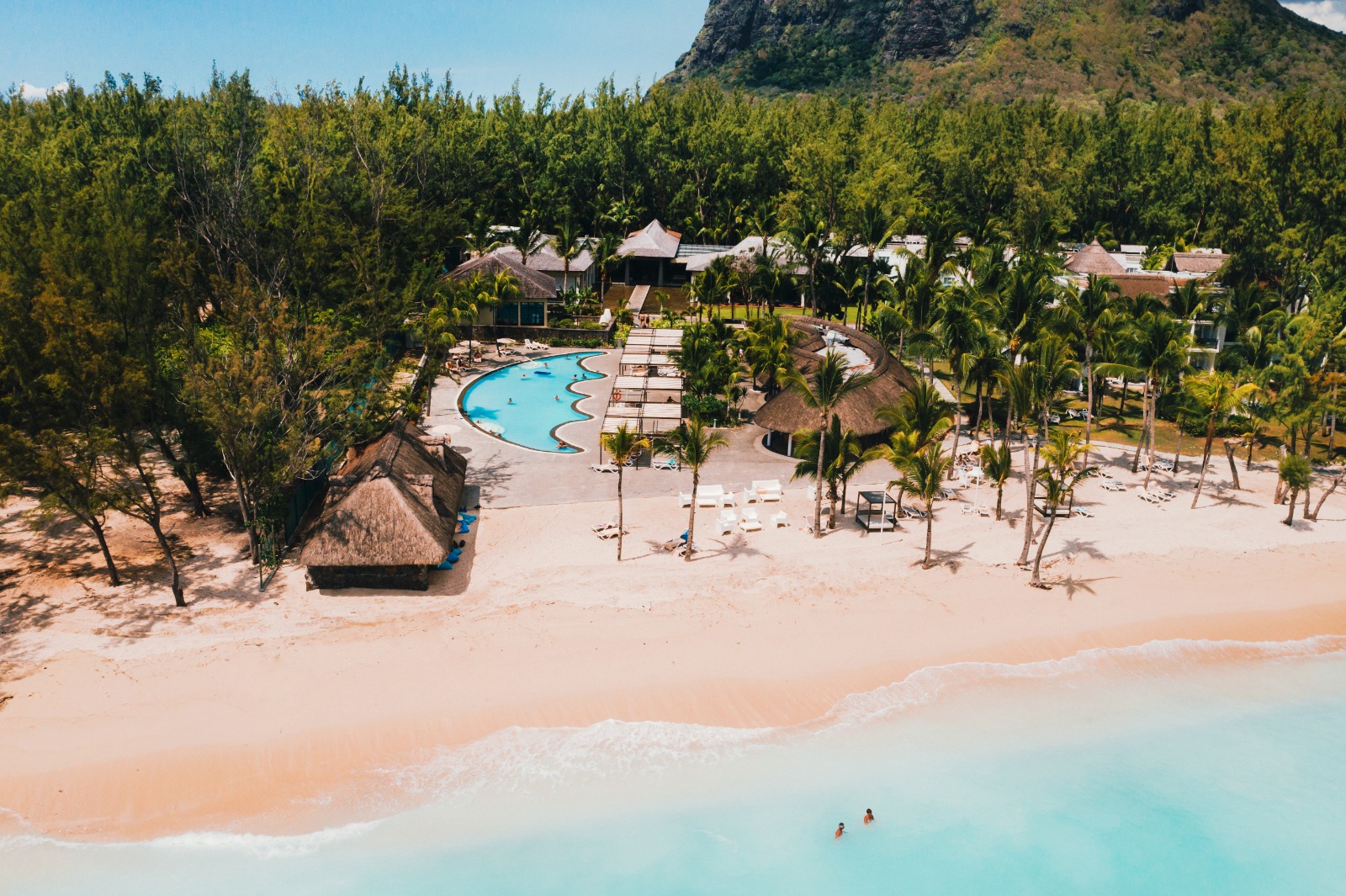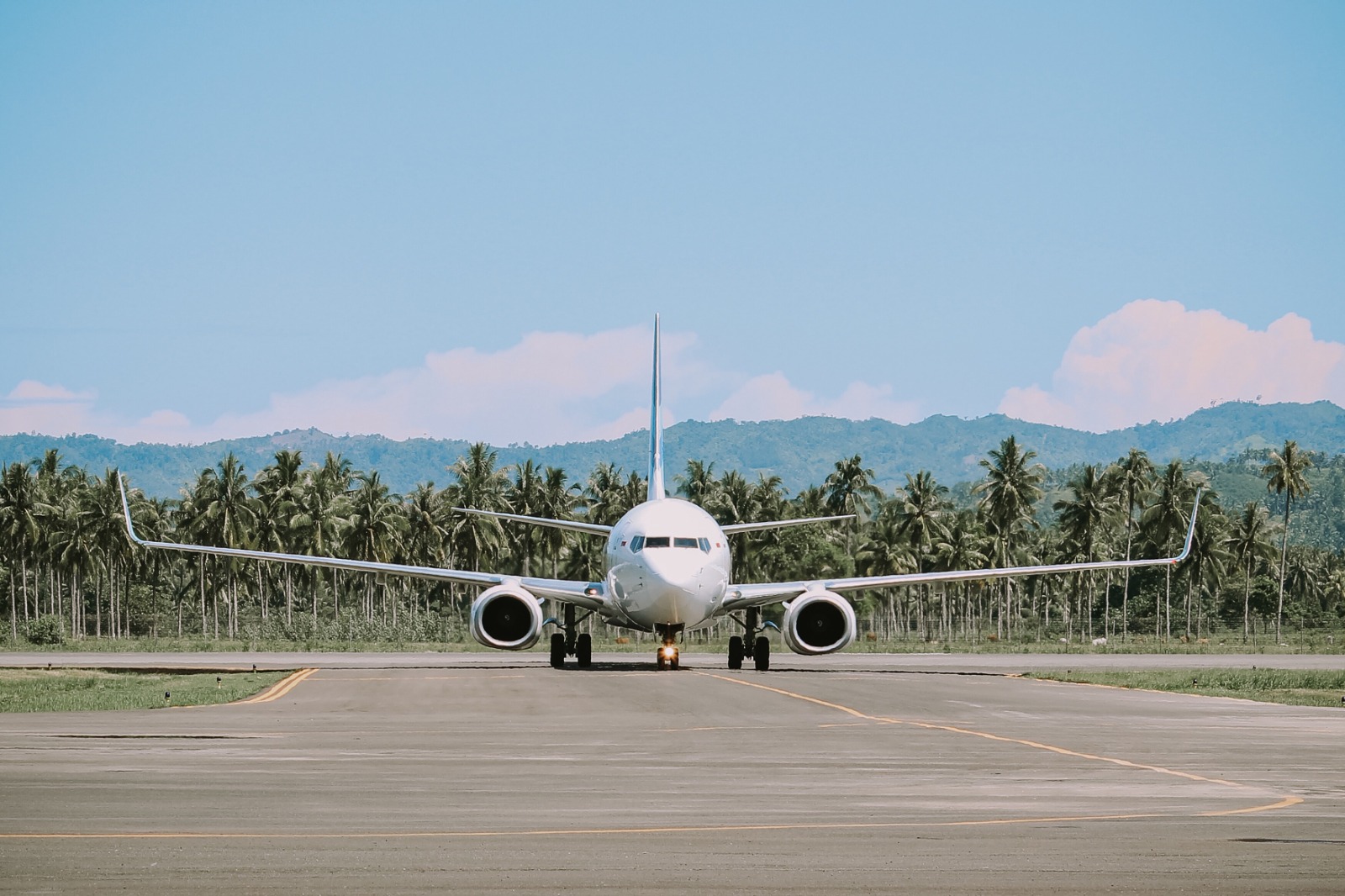Biodegradable water bottles
Since 2008 we produce the PLA biodegradable water bottles. Starting with a green bottle, but now in light blue and transparent. Our compostable water bottles were selected as part of the “Green the Capital Initiative” at the House of Representatives.
















